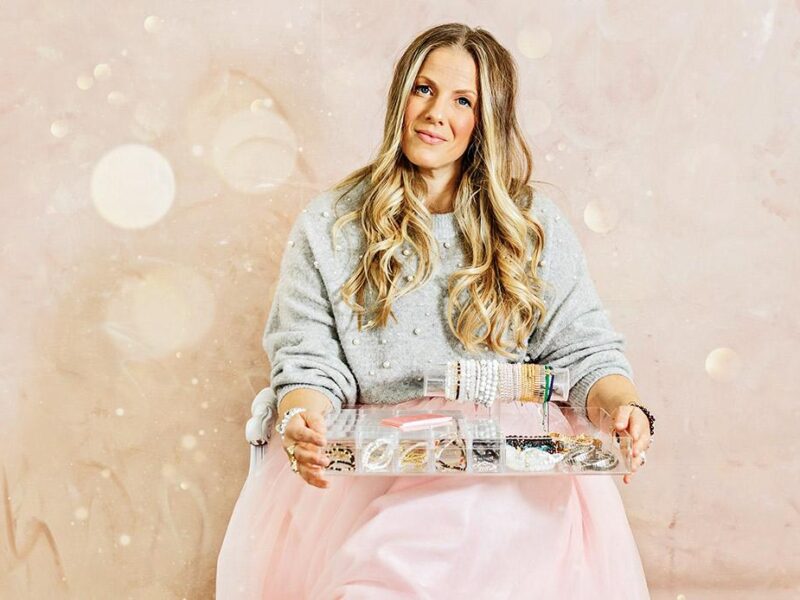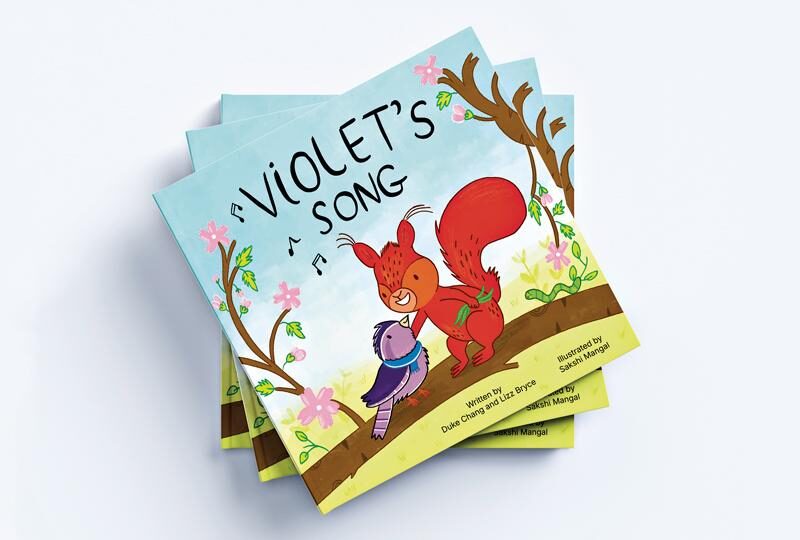Navigating gender expectations
My eldest son learned how to sew this week and promptly became obsessed with it, hunting through his clothes for any sort of hole that he could repair and announcing his intention to make outfits for his stuffed rabbit. As I related this to some other parents as we picked our children up from school yesterday, one of them asked whether I really wanted to encourage my son in this behaviour, since he might get teased by his peers. This comment inspired outrage from a fairly militant friend of mine, who argued that children should not only be permitted but forced to try toys and activities traditionally associated with the opposite gender.
I didn’t say much at the time, since I was mostly occupied with keeping the peace, but what I would have said, if I had the chance, is that I have never worried too much about gender expectations, one way or the other. I make all kinds of toys and activities available to my children, but I know that my example is only one element (along with social expectations, peer influences, media representations, genetic predispositions, and whatever else) that will determine their choices, and I have discovered too that children are often perfectly content to pick and choose their gender roles in ways that I couldn’t possibly anticipate.
For example, my eldest son was always more interested in trucks than in dolls, but then sometimes he would treat his trucks like dolls, putting them to bed and singing them lullabies. My middle son once spent his birthday money on a princess costume complete with high heels, but preferred to replace the wand with a pirate sword and pistol. My youngest son likes dolls quite a lot, but he has been known to hold them by a single leg and pretend that they are guns.
To me, this is all good and normal behaviour, as children try on various roles, not only because these roles have traditionally been connected to one gender or another, but also because they are fun, interesting, related to someone they respect, or for any of a hundred other reasons. My job as a parent isn’t to ensure that my children accept or reject traditional gender roles but to provide them with the opportunity to do either in the knowledge that I will love them whatever they choose.





